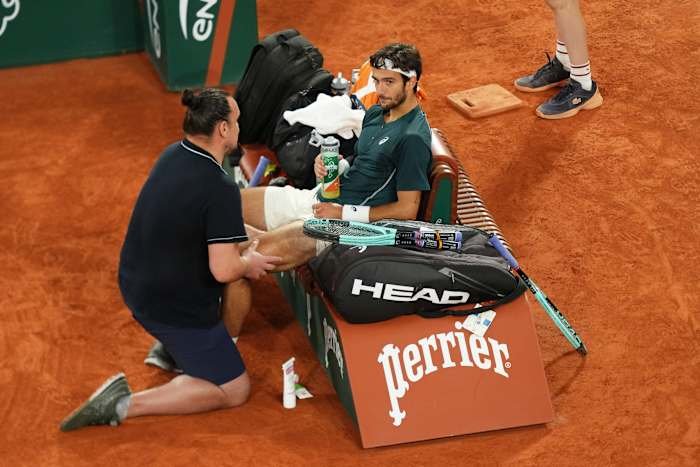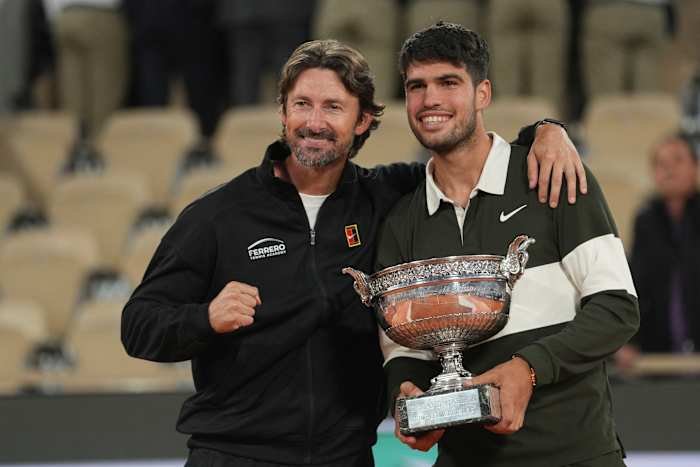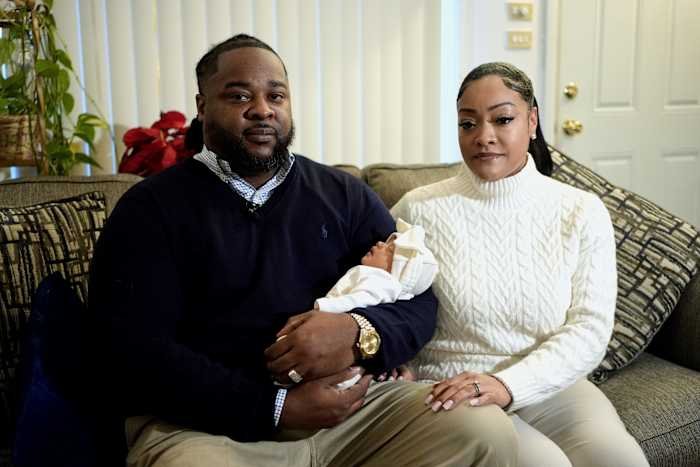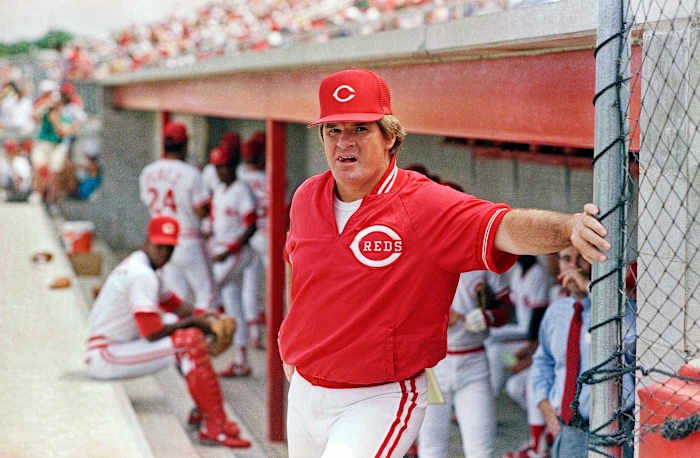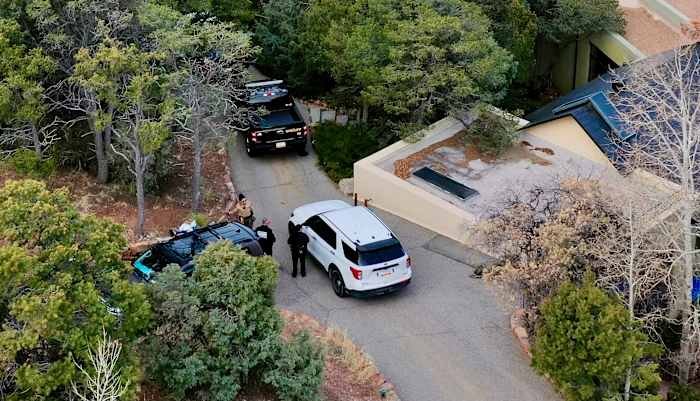Houston Astros pitcher Lance McCullers Jr. recently faced a barrage of online threats—disturbingly, some even directed at his children—after a challenging start against the Cincinnati Reds. This incident has reignited conversations nationwide about the dangers of social media harassment in sports, and its ripple effects are being felt far beyond Houston, including right here in Orlando. As a community passionate about sports and family, Orlando residents are watching closely and reflecting on how we can ensure a safer environment for athletes and their families.
The Incident: When Sports Passion Turns Toxic
On a night that should have been just another game, McCullers struggled on the mound, giving up several runs in a tough loss to the Reds. While criticism is part and parcel of professional sports, what followed was far from typical. Social media platforms became a ground for vitriolic attacks—not only targeting McCullers himself, but shockingly, his children as well. Death threats flooded his direct messages and comment sections, crossing a line that no game result should ever justify.
Such behavior unfortunately isn’t new in the world of sports, but the escalation to threatening an athlete’s family has prompted outrage across the country. Orlando’s own sports figures and fans have spoken out in solidarity with McCullers, calling for accountability and greater protection for players and their loved ones.
The Broader Impact: How Online Threats Affect Local Athletes
This incident resonates with athletes everywhere, including those in Orlando’s vibrant sports community. With teams like the Orlando Magic, Orlando City SC, and the Solar Bears, local athletes are no strangers to fan scrutiny. However, the McCullers situation serves as a sobering reminder of how quickly criticism can devolve into harassment, especially in the digital age.
Orlando-based sports psychologist Dr. Rachel Lopez notes, “We’re seeing more cases where athletes’ mental health is being deeply affected by online abuse. The line between healthy debate and harmful threats is often blurred, and that’s dangerous for both professional and amateur players.”
Parents of young athletes in Central Florida are increasingly concerned about their children’s exposure to social media and the potentially toxic culture surrounding competitive sports. Many local coaches are now prioritizing digital safety and resilience training as part of their programs, hoping to equip the next generation with the tools to cope with online negativity.
Social Media Giants Under Scrutiny
The attacks on McCullers and his family have once again put the spotlight on social media companies and their role in moderating harmful content. While platforms like Twitter, Instagram, and Facebook have policies against harassment, critics argue that enforcement is inconsistent and often reactive rather than proactive.
Orlando-based tech advocate Jasmine Torres says, “Social media is a fantastic tool for connecting with fans, but it also gives a megaphone to bullies and trolls. We need to see stronger action from tech companies, especially when threats of violence are involved.”
Local organizations, including some in Orlando, are pushing for legislation that holds online platforms more accountable for the content they host. The goal is to create a safer space for everyone, especially public figures who are often targeted simply for doing their jobs.
Community Response: Standing Against Abuse
The outpouring of support for McCullers has been heartening. Fellow MLB players, fans, and even rival teams have condemned the threats and offered words of encouragement. In Orlando, several sports organizations have taken the opportunity to remind their supporters about the importance of sportsmanship and respect—both in the stands and online.
Orlando Magic’s community outreach coordinator, Mark Evans, shared, “We always encourage our fans to be passionate, but we draw a clear line when it comes to personal attacks. There’s no place for that in sports or in our city.” Many local teams have strengthened their own social media guidelines, reminding fans that athletes are people too, with families who should never be dragged into online disputes.
Parents, coaches, and athletes in Orlando are also starting conversations about how to handle online negativity, with many advocating for more education on digital citizenship. Schools and youth leagues are hosting workshops on responsible social media use, teaching young fans and players alike how to be supportive and respectful.
Conclusion: Raising the Bar for Sportsmanship in Orlando
The threats made against Lance McCullers Jr. and his family serve as a stark reminder of the darker side of sports fandom and the urgent need for change. Here in Orlando, a city that prides itself on its welcoming spirit and love for sports, we must continue to promote respect, empathy, and digital responsibility both on and off the field.
What are your thoughts on this troubling trend? How can Orlando’s sports community lead the way in fostering a more positive environment for athletes and their families? We invite you to share your views in the comments below and join the conversation about making sports safer and more supportive for everyone.









